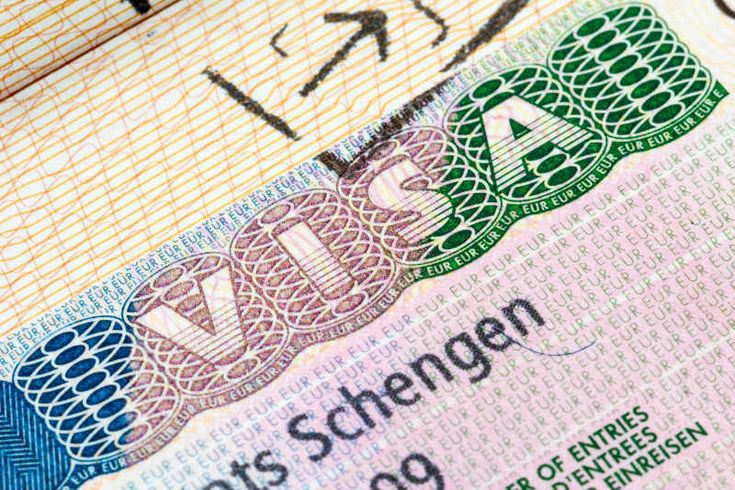
In 2023, African applicants for Schengen visas faced a disheartening reality: they were twice as likely to have their applications rejected compared to their Asian counterparts, despite submitting only half as many applications. The rejection rate for African applicants stood 14 percentage points higher than that of Asians, shedding light on a growing disparity in global mobility.
According to Business Insider Africa’s compiled a list of the top 10 African countries with the highest Schengen visa rejection rates, based on data from Henley & Partners, six of these countries are African, highlighting a systemic issue affecting the continent's travellers.
The allure of exploring Europe often begins with the rigorous Schengen visa application process, but for many Africans, the journey is over before it begins. These rejection rates underscore a broader mobility divide, as illustrated by the latest Henley Passport Index report.
While global travel freedom has expanded significantly—rising from an average of 58 visa-free destinations in 2006 to 111 in 2025—the disparity between the most and least mobile nations has reached unprecedented levels.
A Continent Facing Disproportionate Challenges
The data reveals a striking trend: African applicants face disproportionately high rejection rates. Among the top countries with the highest rejection rates are:
Comoros: 61.3%
Guinea-Bissau: 51%
Ghana: 47.5%
Mali: 46.1%
Sudan: 42.3%
Senegal: 41.2%
These six countries alone represent a glaring inequity in visa outcomes. Together, the top ten African countries accounted for only 2.8% of global Schengen visa applications in 2023. Yet, they endured an average rejection rate of 44.8%, with nearly half of the 277,792 applications denied.
Beyond Documentation: The Roots of Discrimination
At first glance, these rejection rates might appear to reflect economic challenges or documentation issues. However, the underlying causes are far more complex and deeply entrenched. One significant factor is the perceived "strength" of a country's passport. African passports, which generally rank lower on indices like the Henley Passport Index, offer limited visa-free or visa-on-arrival access. Yet, passport ranking alone does not fully explain these disparities.
Discriminatory policies further exacerbate the problem. Several African countries face visa sanctions when they are deemed uncooperative in readmitting irregular migrants. These sanctions, aimed at governmental policies, inadvertently punish legitimate travellers, subjecting them to heightened scrutiny and increased rejection rates.
Moreover, the subjective nature of visa decision-making adds another layer of inequality. Immigration officials wield broad discretionary powers, often influenced by identity-based biases, making visa outcomes unpredictable and, at times, unjust.
A Call for Equitable Mobility
The issue of disproportionate visa rejections for Africans is not merely an administrative hurdle but a reflection of systemic inequalities in global mobility. Addressing this requires a re-evaluation of visa policies, greater accountability in decision-making, and a shift towards fairer treatment for all applicants, regardless of their nationality.
As the world becomes more interconnected, the barriers to mobility faced by African travellers stand as a stark reminder of the work needed to create a truly inclusive global landscape.
Read Full Story



















Facebook
Twitter
Pinterest
Instagram
Google+
YouTube
LinkedIn
RSS